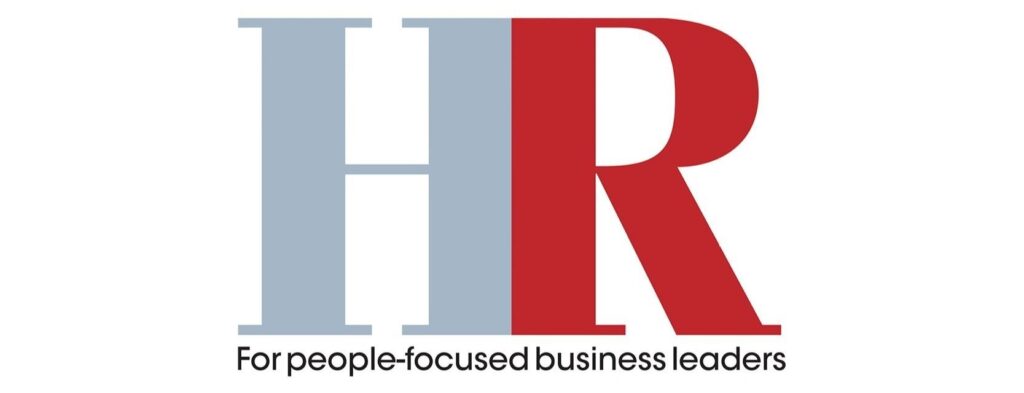As an HR professional, the term ‘hybrid working’ is inescapable at the moment. Teams have been dedicating months to reviewing policies and discussing strategies for the return to a semblance of post-pandemic normality. Major brands regularly announce their ‘future of work’ strategies, and experts generally support the idea of hybrid working.
However, there have been notable dissenting voices. JPMorgan CEO Jamie Dimon argued that hybrid working doesn’t suit those who thrive on hustle, spontaneous idea generation, and office culture. Goldman Sachs CEO David Solomon similarly urged staff to return to the office in June, emphasizing that a culture of collaboration, innovation, and apprenticeship thrives through in-person interaction.
While there are valid arguments for a hybrid model, where employees come together for collaboration but perform most of their everyday tasks at home, there is a question of whether these dissenting views reveal potential shortcomings in the inclusivity of hybrid working.




